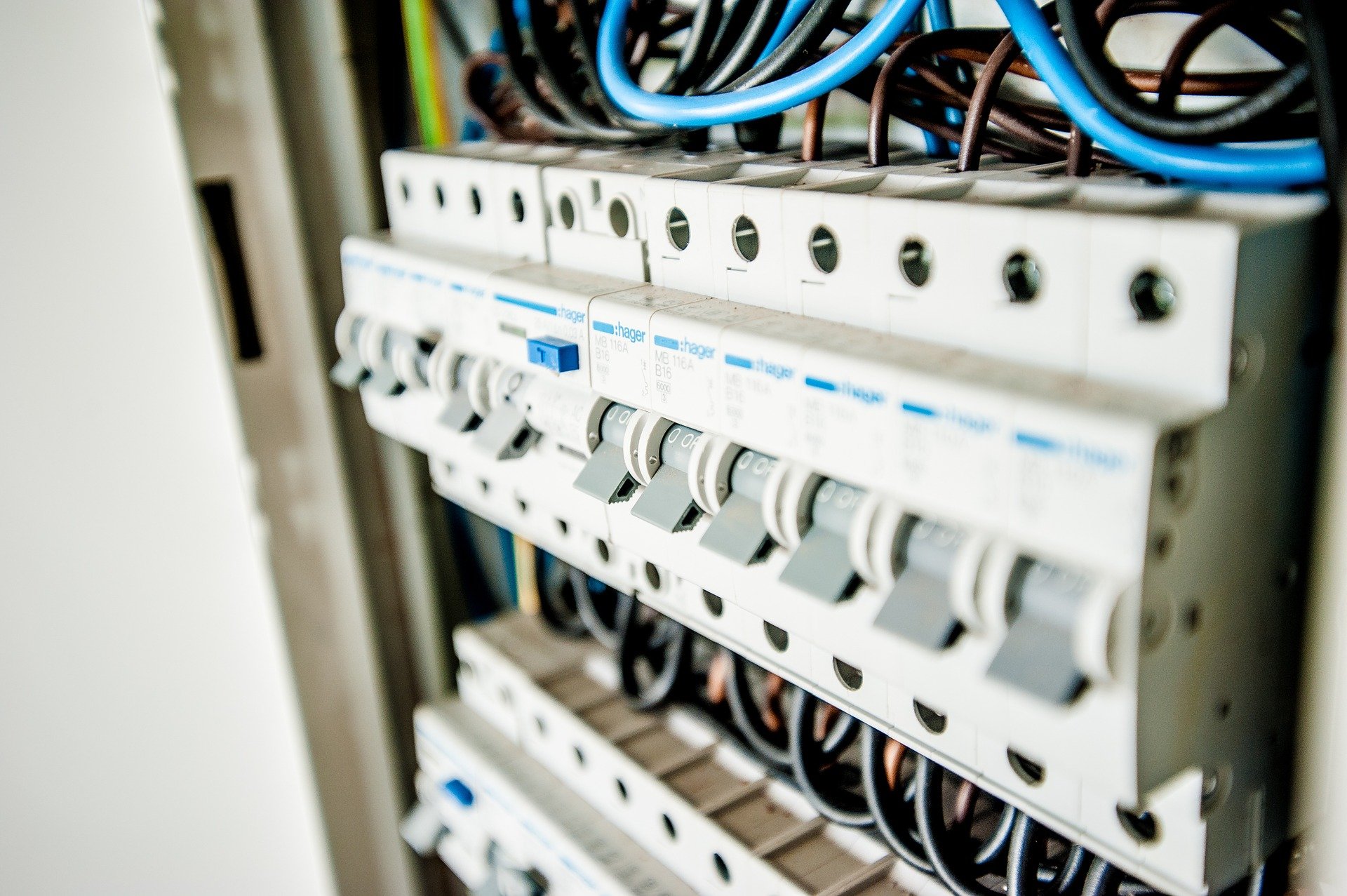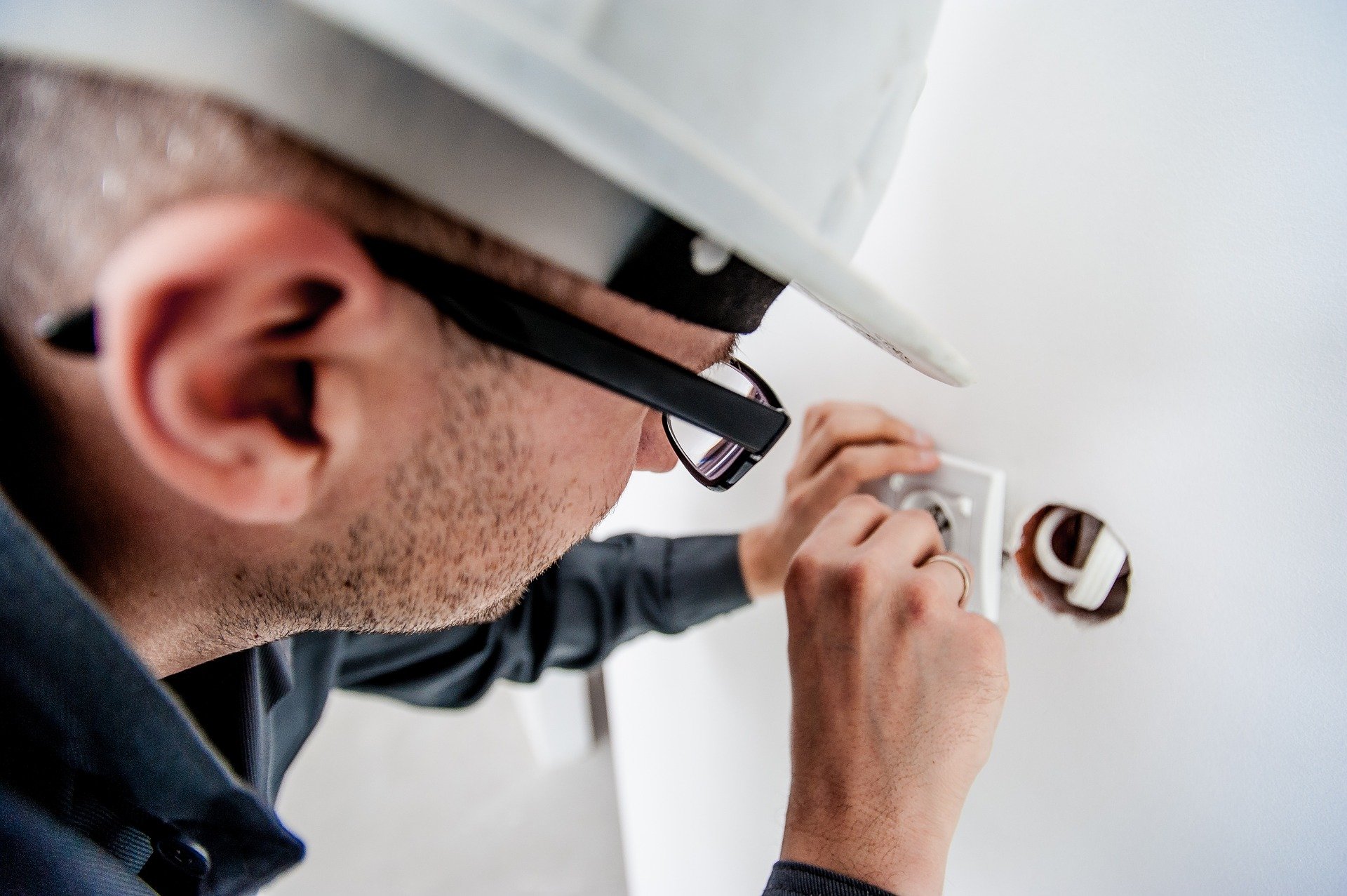Compliance
With the recent change in legislation it is vitally important that you act accordingly in order to make sure you and your properties are fully compliant. Just because you have a modern installation, or there have been no issues with it, it does not automatically mean that it is safe to use and meets the current guidelines.



